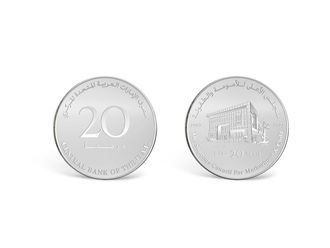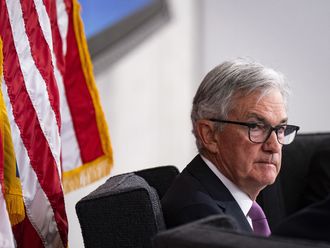Dubai: Dubai will require a combination of debt restructuring, refinancing through long term bond issues and some amount of asset sales to manage its debts maturing in the near term according to analysts.
Even after Dubai Holding restructuring, Dubai will need some asset sales to manage its repayment schedules in the coming two to three years, said Turker Hamzaoglu, economist at Bank of America Merrill Lynch.
Talking to Gulf News last week in Dubai, the Emerging Europe, Middle East and Africa economist of the investment bank said: "Dubai has some almost $18 billion (Dh66.06 billion) to repay in 2011. That's the maximum.
Even if it rolls some of the loans with bond issuances this number will still be about, to my guess, $8-$10 billion. These numbers suggest with the improving global backdrop, deleveraging is going to be painful for some time to come."
With the interest rates much lower than anybody expected like two years ago, the way to go about raising debt and to substitute some of the expiring loans is the capital markets.
Leverage
Hamzaoglu is encouraged by the recent issuance of $1.25 billion Dubai bonds but remain cautious at the same time given the high leverage of the emirate. The Bank of America Merrill Lynch had earlier put Dubai's debt figure around 170 per cent of the GDP.
Running the sustainability check, the London-based economist said that given the projected fiscal revenue of Dubai and the debt and repayment schedule, the emirate has few choices.
One of them is asset sales. The other one is introducing taxes, which is "highly unlikely" and the last one is additional handout from Abu Dhabi, but that's an alternative, he says, is "kind of last resort."
The way to go is asset sales and consolidation of the excesses in the UAE, he said. "On that front, we could see some further possible restructuring in Dubai Holding. Also going forward, ICD seems to be the area where we have huge redemptions but cannot make up for the cash flow to cover those redemptions."
Confidence
After the success of the Dubai Holding restructuring, Hamzaoglu believes, other restructurings can be made friendly that will prevent from making a dent in the confidence of the markets.
But uncertainty cannot be ruled out, "especially for the first quarter of 2011 with some redemptions waiting and some extensions being asked for this last quarter, that is end of November.
"I think this reminds us that global backdrop even though it is supportive, it is not kind of a medicine that cures all problems," he added.
The Institute of International Finance (IIF) said in recent report that although the debt obligations of Dubai falling due in 2011 and 2012 are still very high at about 28 per cent of the GDP, the recent development such as the agreement between the Dubai World and its creditors have sent positive signals to the global financial services community.
The IIF said the improved liquidity in the international banking system and the potential increase in capital flows resulting from the quantitative easing in the US is also expected boost the refinancing outlook of Dubai based entities.












